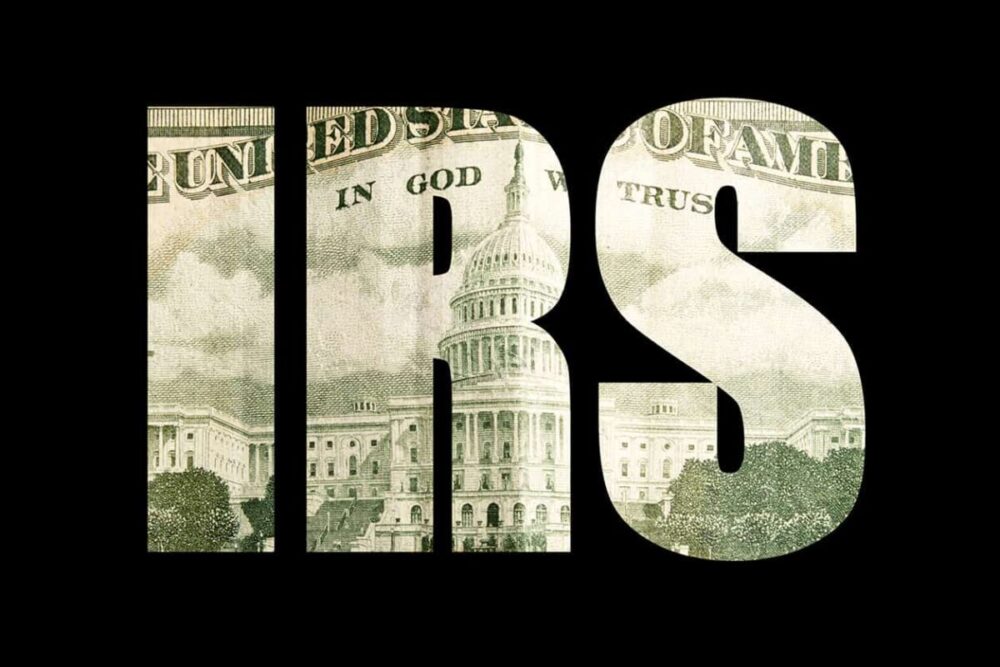
Homeownership is often hailed as the American dream. However, there can be hurdles on the path to securing that dream. One such obstacle that many Americans fear is the specter of owing the federal government in back taxes. A common question that surfaces is: Can I get a mortgage if I owe federal tax debt to the IRS?
The answer to this question is nuanced, and a variety of factors play a role. Let’s delve into the various considerations and scenarios related to obtaining a mortgage when you owe the IRS.
1. Lenders Look At Your Financial Reliability

When lenders consider granting a mortgage, their primary concern is the borrower’s ability to repay the loan. Owning a tax debt might signal financial irresponsibility or unreliability. However, if you’re on a payment plan with the IRS and have consistently made your payments, it may not be as big a hurdle as you might think.
It’s essential to understand the specifics of your situation. To get a clear idea about how tax debts impact your particular scenario, you might want to find out on Tax Law Advocates. They can provide valuable insights and advice tailored to your individual needs.
2. The Importance Of The Payment Agreement
If you’ve negotiated a payment plan with the IRS and are making consistent payments, this can be a favorable point in your mortgage application. Lenders may consider this as a demonstration of your commitment to resolving financial obligations.
Ensure you have a copy of your payment agreement and a record of payments made to showcase your efforts in addressing the debt.
3. Impact On Credit Score
Federal tax liens used to be reported on credit reports, which could severely harm a person’s credit score. However, as of 2018, the three major credit bureaus no longer include tax liens on credit reports.
This means your credit score won’t be directly impacted by a tax debt. Nevertheless, lenders might still learn about your tax debt through other means, such as by requiring a declaration of any federal debts on their application forms.
4. The Role Of The Federal Housing Administration (FHA)

If you’re considering an FHA loan, it’s vital to understand their guidelines concerning federal tax debts. The FHA does not disqualify borrowers with tax debt automatically.
Still, they require that the borrower has entered into a valid agreement with the IRS to repay the debt and has made at least three timely payments. Proof of these payments and the agreement will be required during the mortgage application process.
5. Consideration Of Debt-To-Income Ratio
Lenders often use the debt-to-income (DTI) ratio to assess a borrower’s ability to manage monthly payments and repay debts. Your DTI ratio is calculated by dividing your total monthly debts by your gross monthly income. If you have a significant tax debt or your monthly payment to the IRS is high, it could increase your DTI ratio, making it harder to qualify for a mortgage.
6. The Benefit Of A Larger Down Payment
If you’re worried about the impact of your tax debt on your mortgage application, one way to mitigate this is by offering a more substantial down payment.
This reduces the lender’s risk and can make them more inclined to approve your application despite the outstanding debt. A larger down payment could also mean better interest rates and terms for your mortgage.
7. Transparency Is Key

Always be upfront about your tax debt when applying for a mortgage. Lenders are likely to discover it during the underwriting process anyway, and hiding it could be seen as deceit, harming your chances of approval. Being honest from the get-go allows you to address the issue head-on and discuss potential solutions with the lender.
Conclusion
Owing federal tax debt to the IRS isn’t a definite roadblock to securing a mortgage, but it does complicate the process. Being proactive in addressing your tax obligations, understanding the nuances of different lending guidelines, and consulting experts can help you navigate the path to homeownership successfully.
Remember, every individual’s situation is unique, so it’s always a good idea to consult with professionals, be it in tax advocacy or mortgage lending, to ensure you’re making informed decisions.








